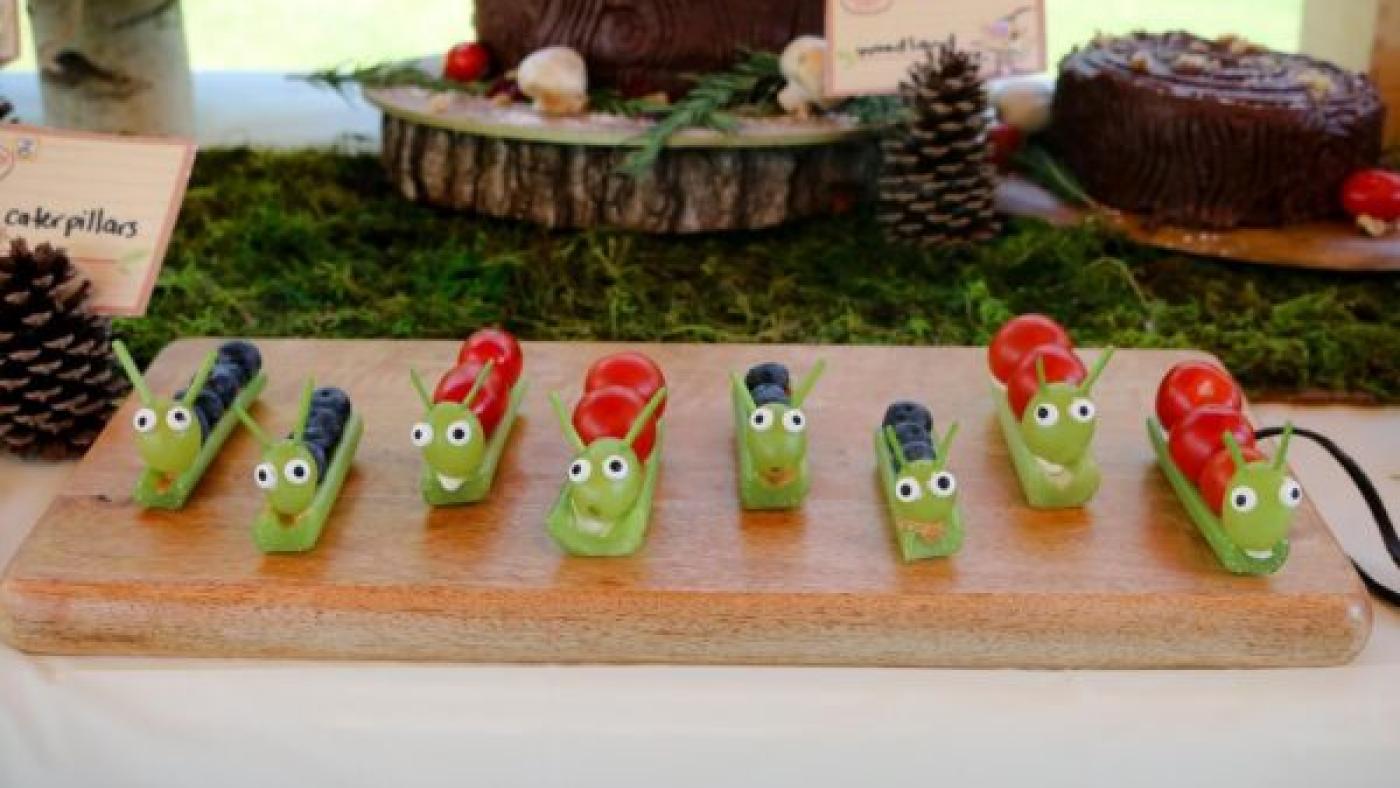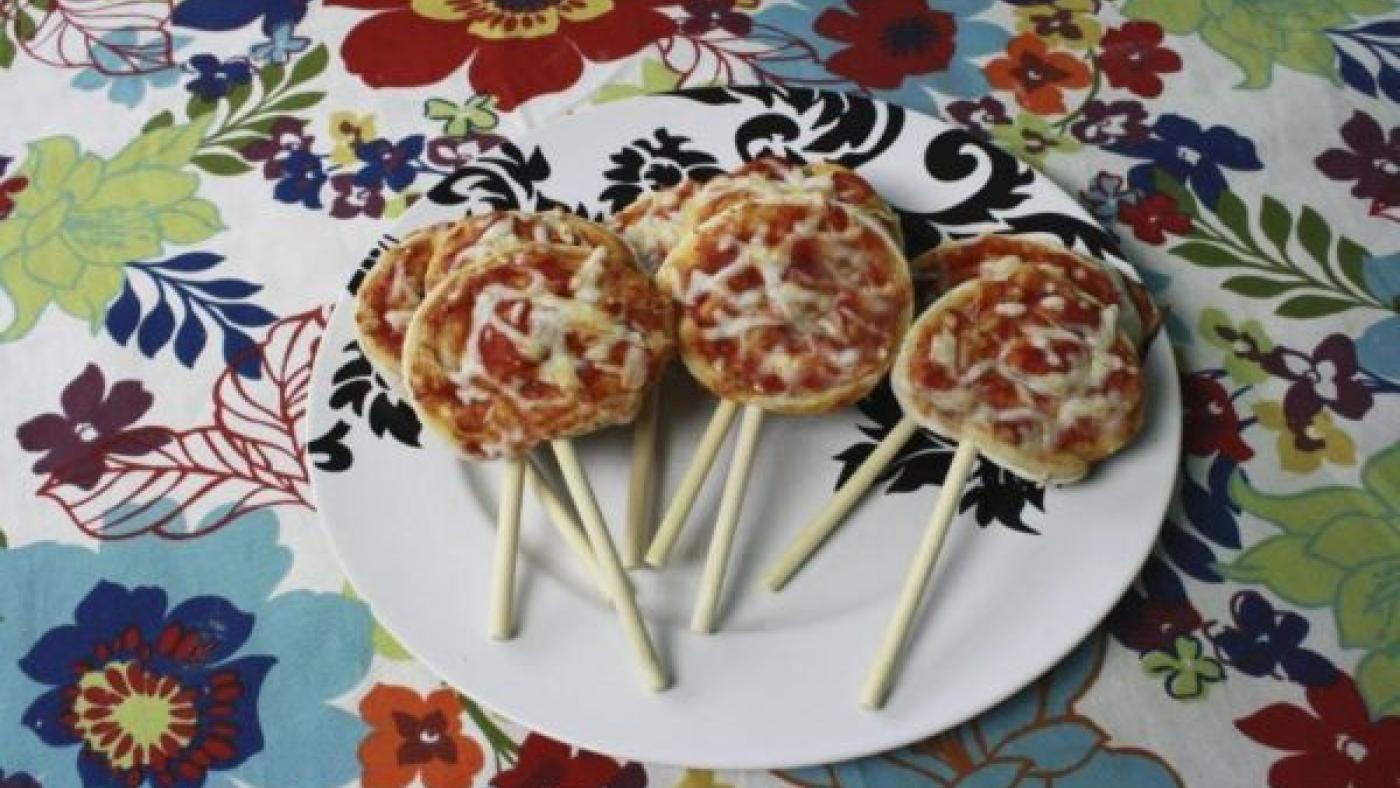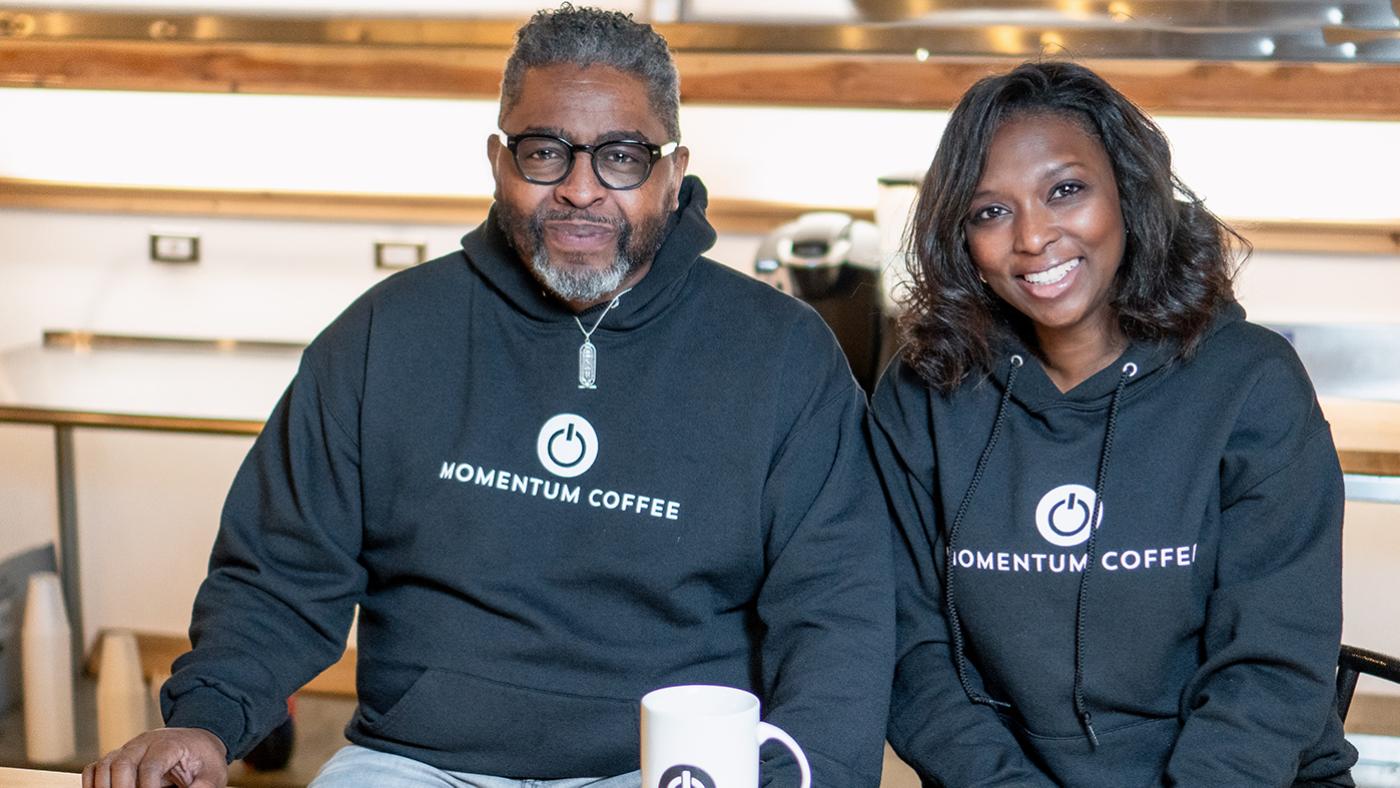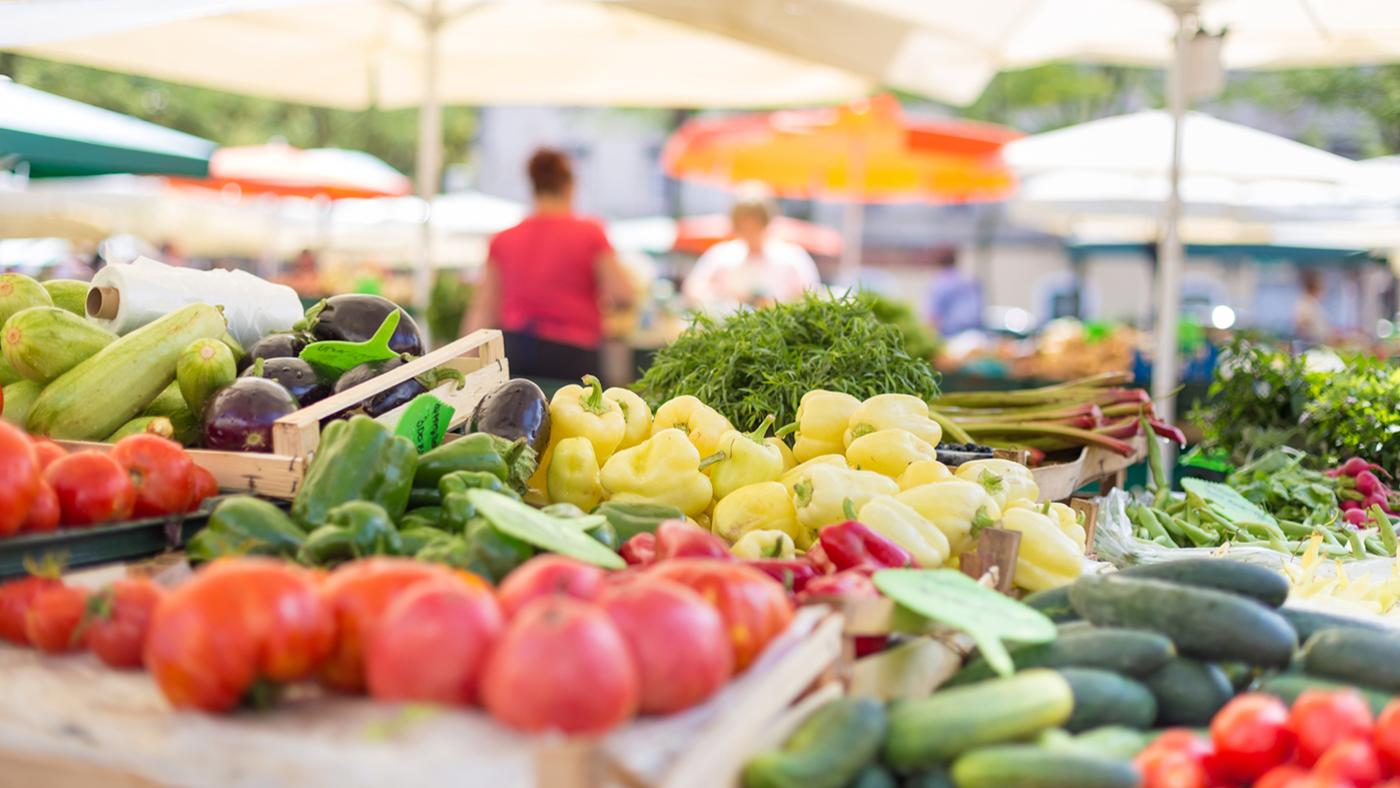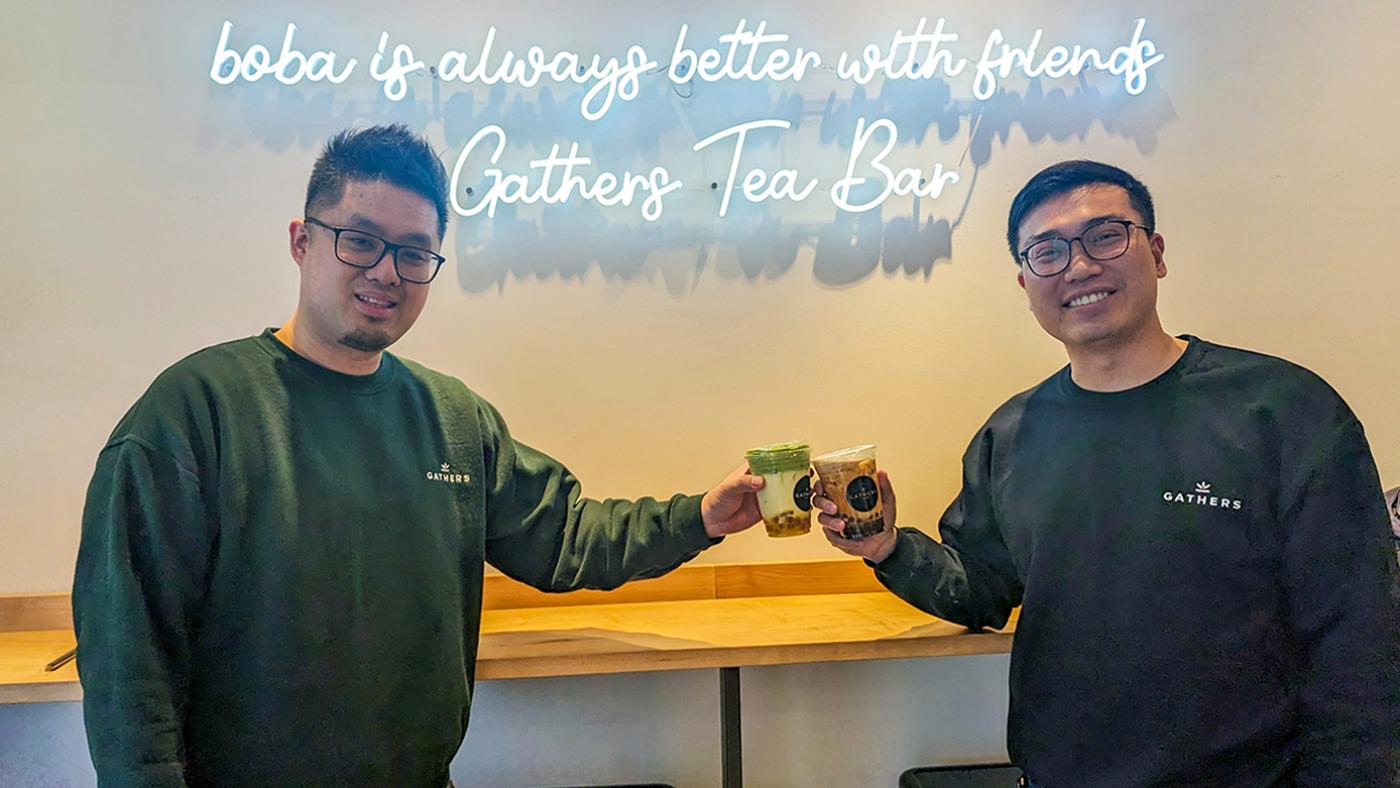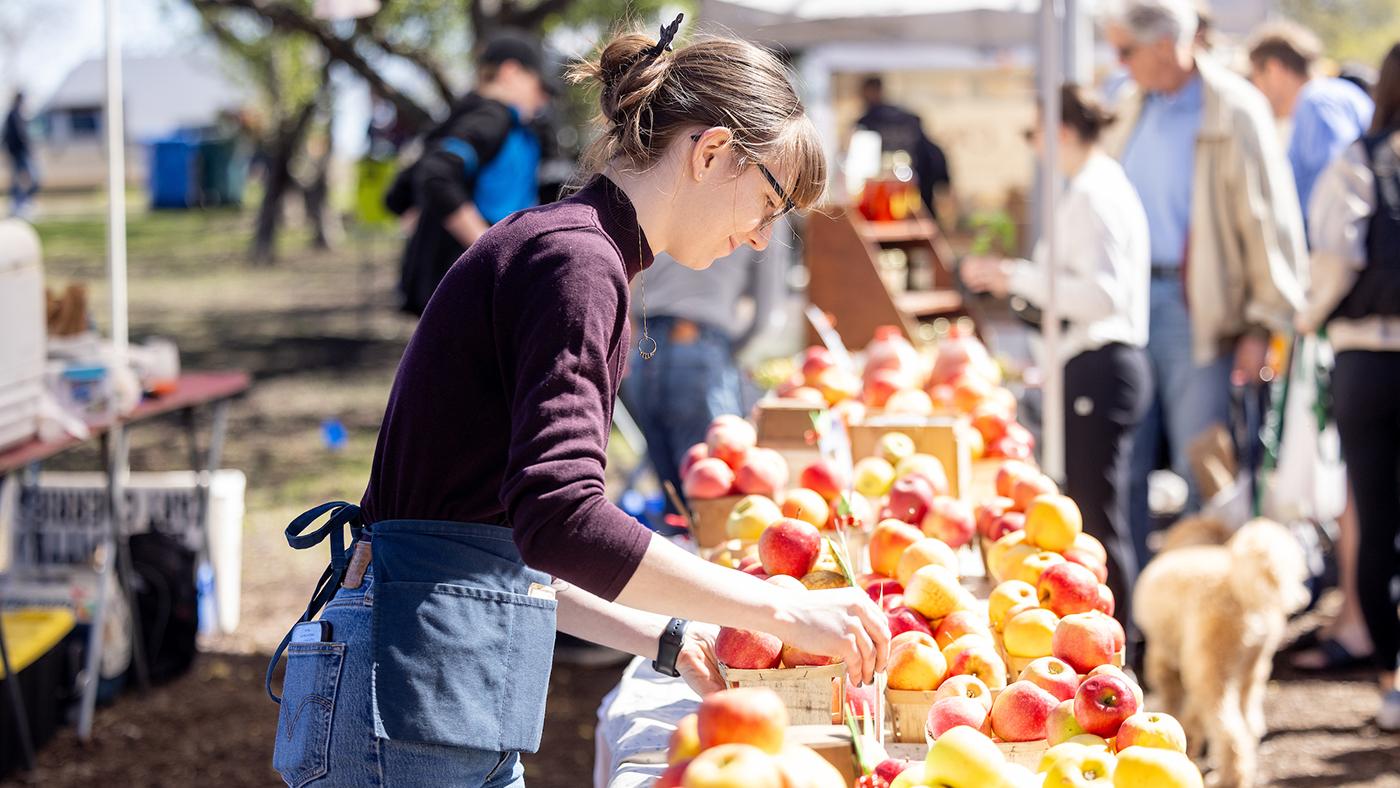These Chicago Liqueur Companies Want to Give Mixologists New Tools to Get Creative with Cocktails
Lisa Futterman
October 9, 2023
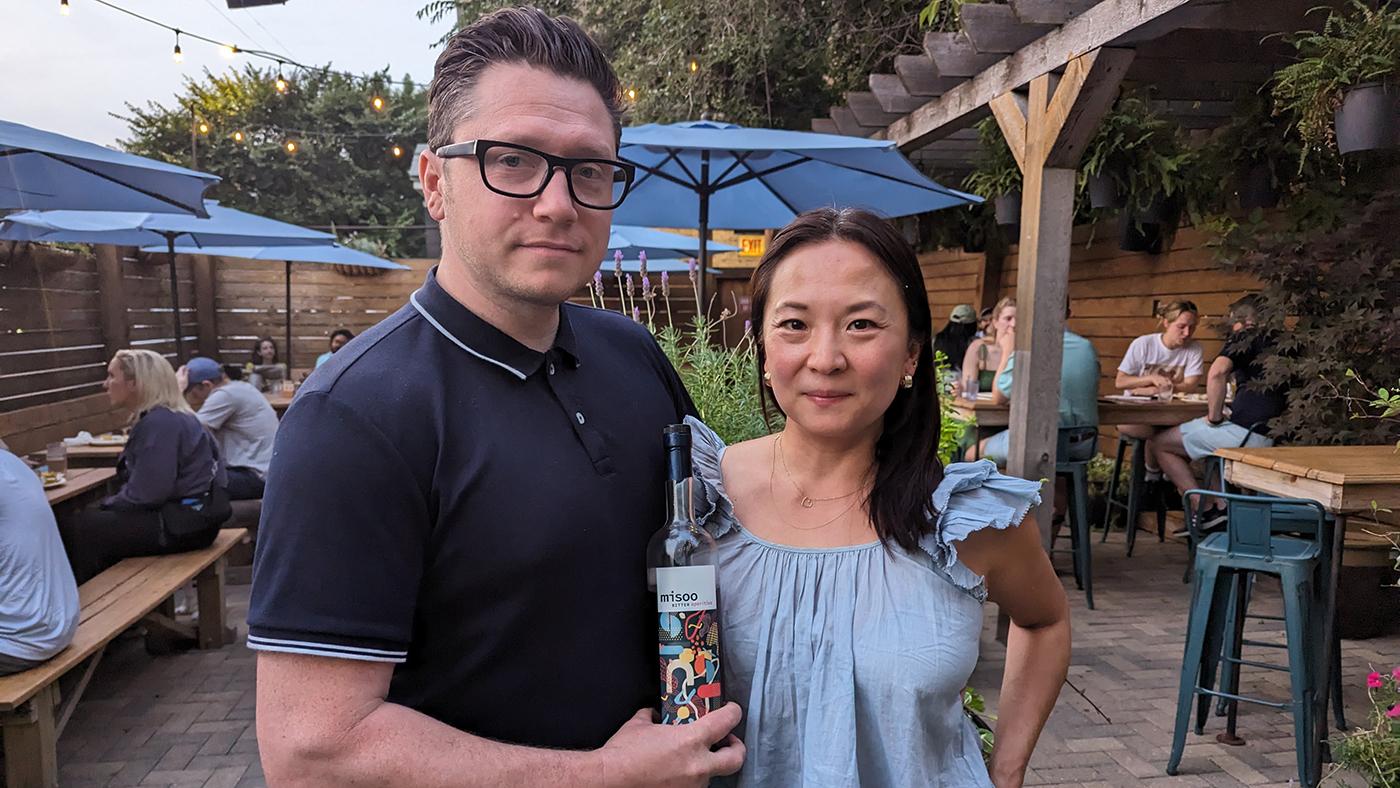
Get more recipes, food news, and stories by signing up for our Deep Dish newsletter.
If you’re a Chicagoan looking to switch up your negroni or shake up your spritz, you don’t have to look very far. There are spirit makers based in Chicago who are creating regionally sourced and uniquely flavored additions for staple cocktails.
In late 2017, Chicagoans Robbie Haynes and Jordan Tepper launched Apologue Spirited Liqueurs, which features careful botanical macerations with a base of non-GMO neutral grain spirit combined with local produce, roots, spices, and herbs. They have a range of highly unusual flavors made from Midwestern produce. Autumn persimmons are featured in a bittersweet, burnt orange aperitivo enhanced with hibiscus, citrus peel, and rhubarb root. Aronia berries (also known as chokeberries) combine forces with raspberries and tart cherries for a zingy fruit liqueur in a contemporary riff on cassis. Earthy celery root steps forward in an herbal blend that pushes the savory side with tarragon and fennel.
Haynes, formerly of Chicago cocktail bars Violet Hour and Analogue, says they created these unique liqueurs to give fellow mixologists new toys to play with.
“The genesis of Apologue…comes from creating cocktails sometimes out of thin air, sometimes riffing on classics,” says Haynes.
Modifiers like liqueurs, says Haynes, can be “an important tool for anyone that's a cocktail creative…you can take a classic cocktail like a margarita. You've got tequila, lime juice and some sort of orange component.”
“By tweaking that last piece,” perhaps by substituting Apologue Aronia Berry, says Haynes, “you're giving that bar person an opportunity to create their own unique spin on a classic cocktail that they can take ownership of. And they're able to do it using a product that they can feel good about because it has all the ingredients listed on the back. They get to feature a unique regional ingredient that they probably had not had the opportunity to work with in a meaningful way, just because they're harder to access.”
The team, which recently achieved B Corp certification, makes just one hundred cases at a time at their Thornton, Illinois facility – each bottle is hand labeled with the batch number. Small batch production allows for seasonal differences in the regional produce and an artisanal touch. But they have a global touch, too: They added a golden saffron liqueur to the lineup in 2019, sourced by Chicago’s Rumi Spice, who sources their ingredients ethically from Afghanistan.
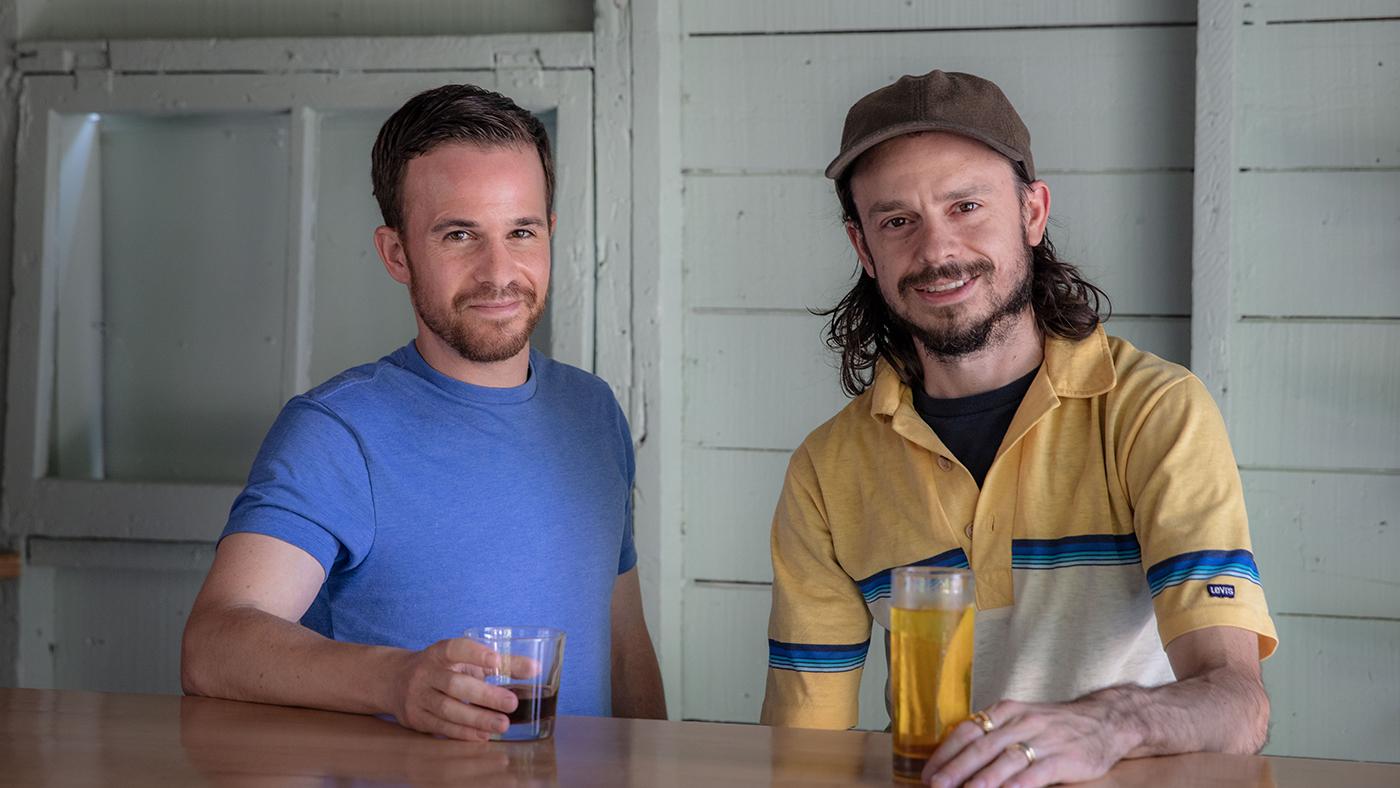 Apologue founders Jordan Tepper, left, and Robbie Haynes. Credit: Apologue
Apologue founders Jordan Tepper, left, and Robbie Haynes. Credit: Apologue
Misoo Aperitivo, named for founders Michael McAvena and Soo Choi, is a Northern Italian-style aperitivo with a crimson hue and a nuanced bitter and floral taste. It can serve as a Midwestern substitute for Campari in a negroni, or as a substitute for Aperol in a spritz. McAvena and Soo’s recipe was created, honed, and refined during the pandemic and is now produced in a space carved out at Letherbee Distillers on Chicago’s North Side.
McAvena and Choi, hospitality industry vets and life partners, each crossed paths with the Apologue founders many times while working at Violet Hour and Big Star, and our geeky afternoon conversation at Big Star Mariscos covered topics from three tier distribution systems, to filter mediums, to liquid versus granulated sugars.
Choi, who owns Plein Air, a café in Hyde Park that’s been going strong since 2013, says they want to “solve problems” for bar and restaurant owners and employees, by offering top tier, locally produced spirits that are affordable and accessible.
“We can find distributors that are mid-tier that have good hospitality and good follow-through,” adds McAvena. “We can create a liquid that doesn't have red dye 40. We use real botanicals in a true maceration instead of extracts.”
For example, they use beet sugar, Turkish rhubarb root, gentian and wormwood for bittering, “top shelf” vanilla, rose petals, and Makrut lime leaf, “about 12 pounds per 500 gallon batch,” says McAvena.
As for that problem solving, they recently won over the team at Parson’s Chicken & Fish, a small Chicago restaurant chain beloved for their frozen Negroni Slushy. In a blind tasting, the stakeholders preferred Misoo to another, mass-produced bitter. Says Choi, “They were really hesitant because they’ve sold literally millions” with their original recipe, but Misoo was able to deliver a great-tasting, local product at a significantly lower price.
Innovators gotta innovate, and lately McAvena has been tinkering with formulas for an American chartreuse – the vivid green herbal liqueur that is a darling of artisan mixology – that the team hopes to release in 2024.
In 2021, Haynes and Tepper, after helping formulate the recipe for Big Star’s line of canned margaritas, spun off a new venture: the Gold Fashioned, a luxury, ready-to-drink old fashioned bottled cocktail made from a mix of three rare, aged whiskeys and saffron bitters. They just released the second bottling from their new Hoste brand, a high end, large format martini made from custom-blended yuzu gin and Finger Lakes vermouth.
No matter how fancy the cocktails get, Haynes reminds us, their original goal is simple. “An apologue is a moral fable. Historically, the liquor segment is shrouded in mystery without a lot of transparency. We wanted to tell a good story with our brand and business.”

